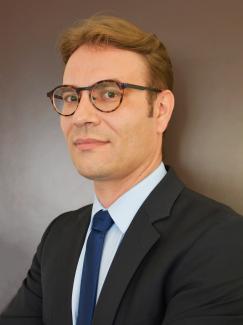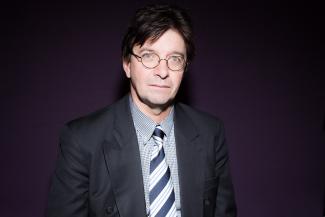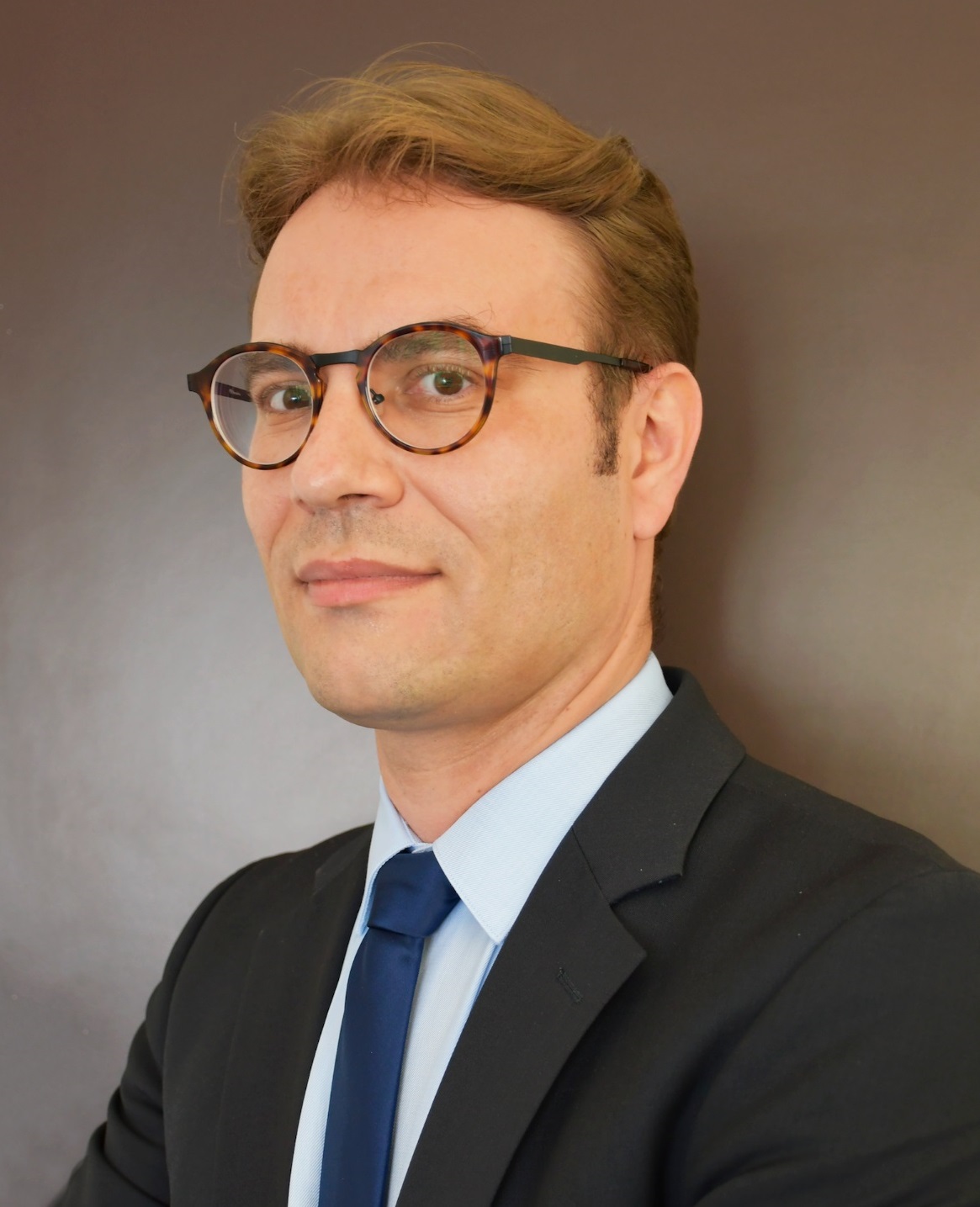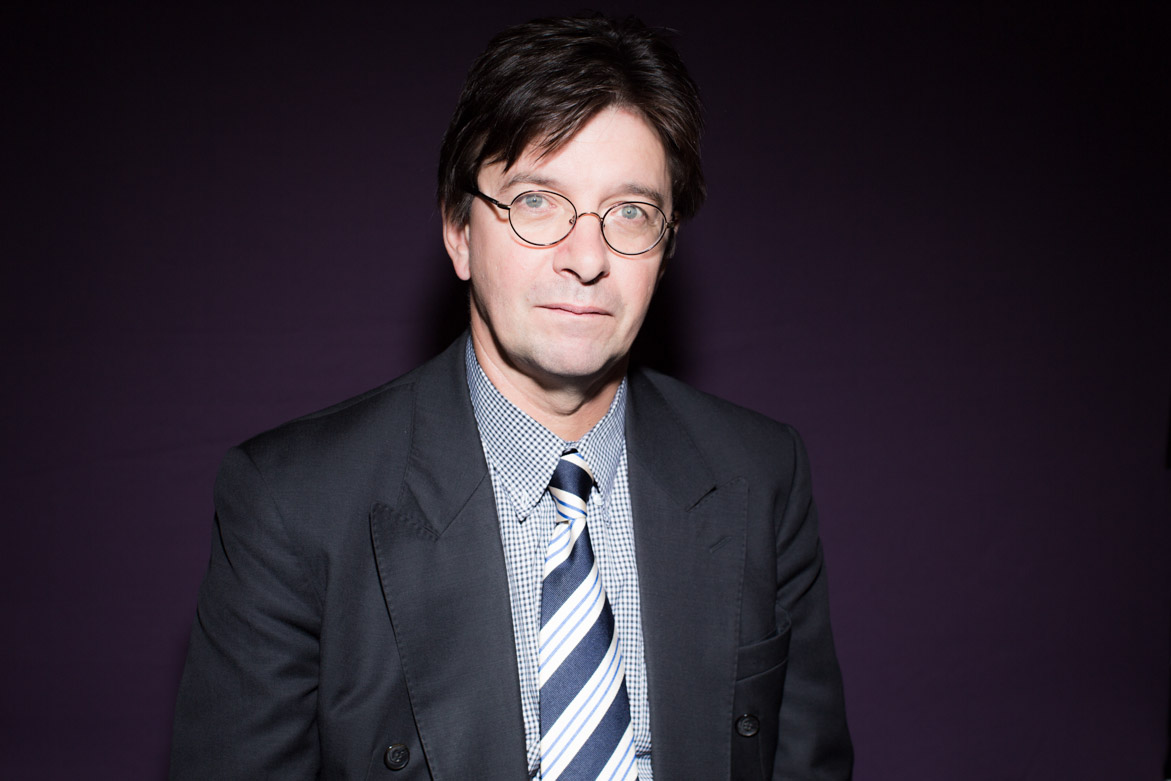70th Anniversary of the Study Committee on Franco-German Relations (Cerfa). Genesis, History and Visions for Franco-German relations
The Study Committee on Franco-German Relations (Cerfa) was created in 1954 by an inter-governmental agreement between the Federal Republic of Germany and France, in order to raise awareness of Germany in France and analyze Franco-German relations, including in their European and international dimensions.
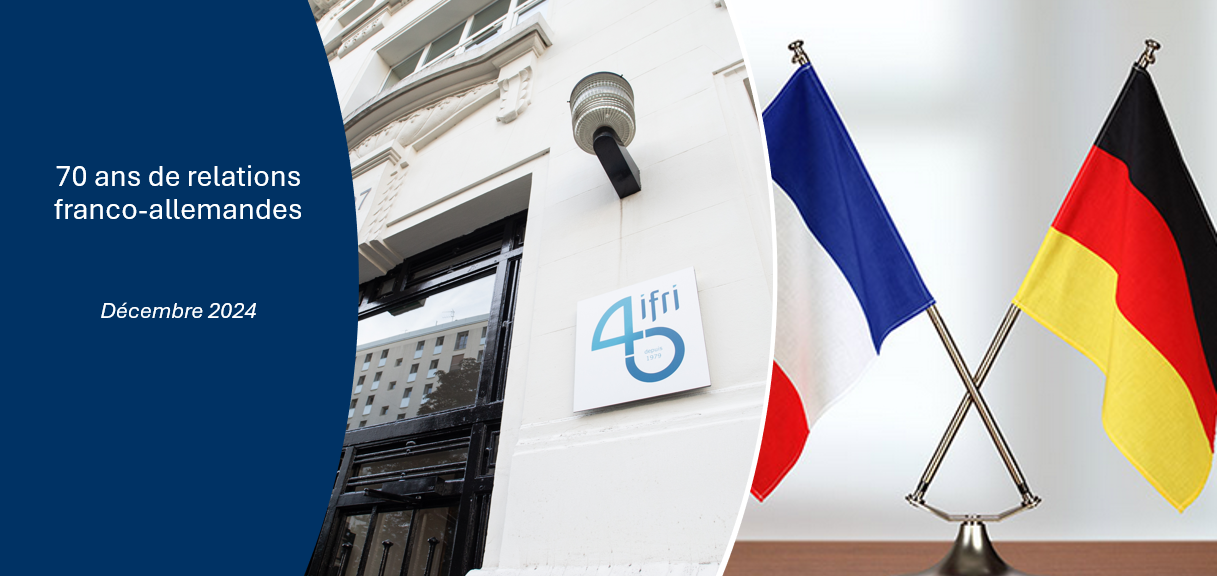
Part of the Institut français des relations internationales (Ifri), the The Study Committee on Franco-German Relations (Comité d’études des relations franco-allemandes - Cerfa) has a special status and a history that is no less special. For 70 years, through its conferences and seminars, which bring together experts, politicians, senior decision-makers and representatives of civil society from both countries, the Cerfa has developed the Franco-German debate and stimulated political proposals by regularly publishing studies. At a time when Europe is entering a more difficult period for France and Germany, the Cerfa remains an indispensable instrument for the Franco-German relations.
Paul Maurice is Secretary General of The Study Committee on Franco-German Relations (Cerfa) at Ifri, where he focuses on German domestic policy, Franco-German relations within the European Union, and German foreign and security policy.
Hans Stark is Professor of Contemporary German Civilization at the Sorbonne Université. From March 1991 to March 2020, he was Secretary General of the Study Committee for Franco-German Relations (Cerfa) at Ifri. Since March 2020, he has been advisor for Franco-German relations at the Ifri, where his work focuses on German foreign and European policy.
This publication is available in French (pdf): "70e anniversaire du Cerfa. Genèse, histoire et visions pour les relations franco-allemandes"

Available in:
Themes and regions
Share
Download the full analysis
This page contains only a summary of our work. If you would like to have access to all the information from our research on the subject, you can download the full version in PDF format.
70th Anniversary of the Study Committee on Franco-German Relations (Cerfa). Genesis, History and Visions for Franco-German relations
Related centers and programs
Discover our other research centers and programsFind out more
Discover all our analysesThe Franco-German Brigade and the Revival of European Defense
One thing has been clear since Donald Trump's return to the White House: the very existence of the European unification project is threatened. Unless it develops a sovereign defense policy to counter the war in Ukraine and the weakening of American security guarantees, the European Union will continue to see its internal cohesion and external attractiveness wane.
Friedrich Merz and the Zeitenwende 2.0. A “New Era” for Transatlantic Relations?
On February 23, 2025, almost 60 million voters were called upon to elect a new Bundestag. These elections will also give rise to a new government in Europe's largest economy.
After the Elections: Germany in Search of Shaken Stability?
With a voter turnout of 82.5%, Germany recorded its highest participation since 1987—an increase of 6.1 percentage points compared to 2021. As in the previous election, the high turnout particularly benefited the Alternative for Germany (AfD), which was able to mobilize many former non-voters. Many voters sought to punish the outgoing government with their ballots, as its approval rating had dropped to just 14% before the coalition broke apart in November 2024. Germany is now very likely heading toward a grand coalition between the CDU/CSU and the SPD, with exploratory talks having begun on February 28.
The German Greens as an Alliance Party: The End of an Illusion?
At the Wiesbaden Congress in November 2024, Robert Habeck, currently Minister for the Economy and Climate, was nominated as the Green Party’s candidate for the Chancellorship in the early parliamentary elections on February 23, 2025. The party, founded 45 years ago, is now firmly established in the German political landscape. Wishing to turn the page on an unloved ‘‘traffic light’’ coalition, the party is banking on a personal campaign and an optimistic discourse based on the energy transition and social justice.





